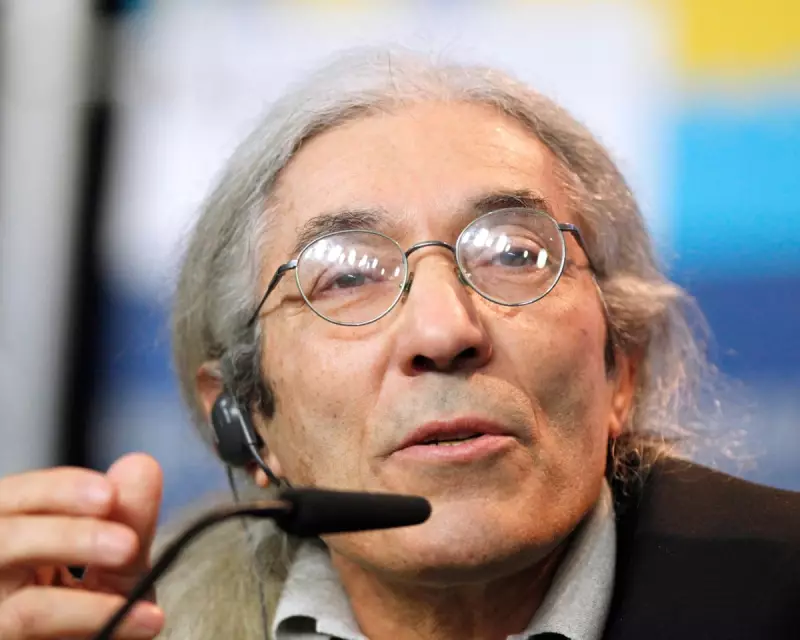
Algerian Regime Pardons Critic in Diplomatic Move
In a significant development, the Algerian presidential office announced on Wednesday that French-Algerian writer Boualem Sansal has been granted a presidential pardon and will be released from prison. This decision concludes a tense diplomatic standoff and allows the 81-year-old author, who is suffering from prostate cancer, to be transferred to Germany for urgent medical treatment.
International Pressure Leads to Release
The move comes as a direct response to a personal appeal from German President Frank-Walter Steinmeier. An official Algerian statement confirmed, "The president of the republic decided to respond positively to the request of the esteemed president of the friendly Federal Republic of Germany." This intervention proved crucial, as Algerian President Abdelmadjid Tebboune had previously rejected similar requests from France concerning Sansal's age and health condition.
Sansal, a vocal critic of the Algerian government, was arrested at Algiers airport in November last year. His detention followed comments he made in an interview regarding France's colonial-era cession of Moroccan territory to Algeria. In March, he was sentenced to five years in prison on charges of undermining national unity.
A Path Out of Political Deadlock
The writer's imprisonment occurred amidst sharply deteriorating relations between Algeria and France, particularly after French President Emmanuel Macron backed Moroccan sovereignty over Western Sahara in 2024. Macron had publicly stated that Algeria was "dishonouring itself" by detaining Sansal, with many observers suggesting the author was being held as a political hostage.
By releasing Sansal to Germany rather than France, the Algerian government has found a way to resolve the diplomatic crisis without appearing to capitulate to its former coloniser. President Tebboune has personal experience with Germany's healthcare system, having been treated there for Covid-19 in 2020.
Steinmeier had framed the potential pardon as "an expression of humanitarian sentiment and political foresight," highlighting his personal relationship with Tebboune and the strong bilateral ties between their nations. The release follows appeals from several prominent international authors, including Salman Rushdie, Annie Ernaux, and Wole Soyinka, who had campaigned for Sansal's freedom.





